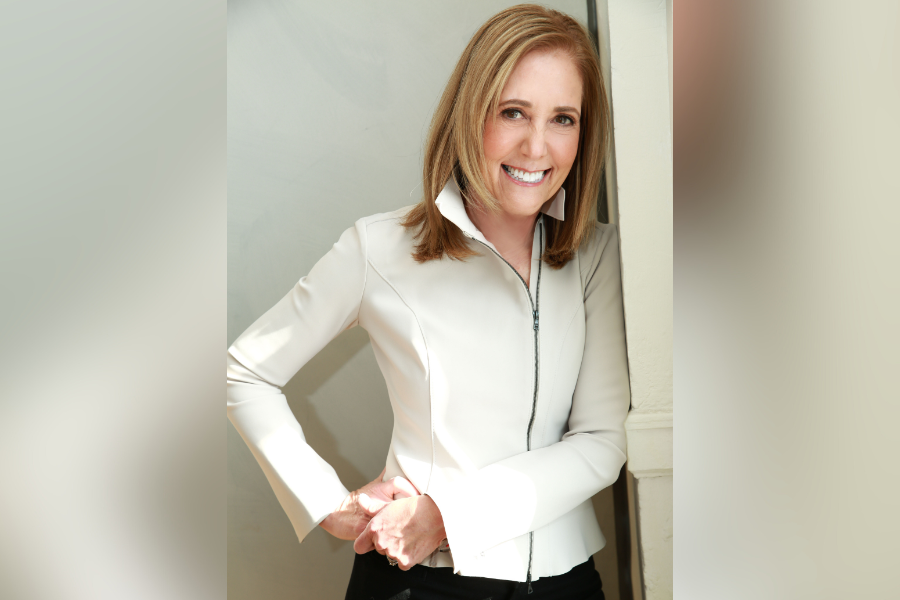Top re-balancing-software vendors duke it out for new customers
Competition is heating up in the normally sedate world of portfolio-re-balancing software.
Competition is heating up in the normally sedate world of portfolio-re-balancing software.
Last month, to expand its market beyond top-tier financial advisers, ThinkTech Inc. lowered the prices of its iRebal re-balancing software, long considered the Rolls Royce of the segment. The move puts ThinkTech, which is owned by TD Ameritrade Inc. of Omaha, Neb., in direct competition with re-balancing software produced by Tamarac Inc. of Seattle.
On average, advisers who use iRebal have $887 million in assets, versus $225 million for those who use Tamarac.
“We wanted to capture our space,” said Gobind Daryanani, a managing director at TD Ameritrade and the original creator of iRebal.
ThinkTech’s move came four months after Tamarac unveiled a new pricing model aimed in part at attracting higher-end advisers.
“Tamarac started out focused on clients in the $100 to $150 million [in assets under management] range,” said its chief executive, Stuart DePina. “That was really nothing more than how the company evolved, and we’re more cost-effective for a firm at $100 million than iRebal.”
ThinkTech now charges firms with $300,000 to $1 billion in assets anywhere from $20,000 to $50,000 a year, plus a $10,000 installation fee, to use iRebal. Previously, ThinkTech charged such firms $50,000 plus the installation charge. The prices above $1 billion haven’t changed.
Tamarac, meanwhile, now charges an annual fee ranging from $20,000 to $60,000 for clients with up to $1 billion in assets. It also charges a one-time $10,000 installation fee.
Until October, Tamarac charged advisers $10,000 for up to 1,000 accounts, plus the installation charge. Every account over 1,000 costs an additional $10 a year.
The biggest benefit to using any re-balancing software is that it frees up advisers’ time for more-profitable efforts, such as prospecting for new clients, advisers said.
“Prior to purchasing Tamarac, I was looking to hire one or two full-time staffers,” said Kevin Timmerman, president of Steele Capital Management Inc. of Dubuque, Iowa, which has $800 million in assets and has been using Tamarac for the past two years.
“In the end, I’m paying a lot less than I would have to hire even one new employee,” he said. “The program has created a lot of efficiencies in our firm.”
Mr. Timmerman was referred to InvestmentNews by Tamarac.
At The Charles Schwab Corp.’s adviser unit, one of five advisers re-balanced their clients’ portfolios just once a year, according to an internal survey of those advisers.
“For some firms, re-balancing is just such a time-consuming thing that they don’t do it as often as they’d like,” said Marjorie Qualey, vice president of product development and technology at Schwab Institutional in San Francisco.
For many of Schwab’s advisers, portfolio re-balancing is second only to data consolidation and reconciliation as their biggest workload headache, the internal survey showed.
“Firms almost shut down when they are doing that quarterly processing,” Ms. Qualey said. “That’s not a trend they want to continue.”
Last fall, Schwab Institutional made its Portfolio Rebalancer software available to advisers for the first time. The underlying computational engine that carries out model creation in Schwab’s re-balancing system came from a partnership with Advisor Software Inc. of Lafayette, Calif.
So far, usage among advisers has exceeded the company’s expectations, Ms. Qualey said.
“While Tamarac and iRebal are great solutions, there was a large unserved market among advisers in need of a re-balancing solution that worked with real-time data and required no setup time. That’s when we decided we needed a solution integrated into our website, and one that is free to advisers,” Ms. Qualey added.
ASI has also worked to develop re-balancing programs for Fidelity Investments of Boston and TD Ameritrade Institutional of Jersey City, N.J.
Edward D. O’Brien, senior vice president of technology product management at Fidelity Institutional Wealth Services of Boston, isn’t sure of how many of the firm’s advisers are using their offering purely for re-balancing. He did note, however, that a third of the firm’s trading volume is generated through its re-balancing tool.
Of course, there are lower-cost alternatives to iRebal and Tamarac.
One is eAllocator, developed by Joel Javer, a principal of the Denver financial planning and investment management firm Sharkey Howes & Javer Inc. This is a self-hosted program that costs $5,000 a year, plus a $1,000 installation fee.
It works with two portfolio management systems: dbCams+, from Financial Computer Support Inc. of Oakland, Md., and Schwab Institutional’s PortfolioCenter.
“Using eAllocator, we’ve been able to cut that re-balancing process down to a quarter of what it was, literally down to a matter of minutes to process a trade,” said Tim Lowry, a partner Dean Jacobson Financial Services LLC in Fort Worth, Texas.
His firm, which has $200 million in assets, has used the eAllocator software for the past six months.
Mr. Lowry was referred to InvestmentNews by eAllocator.
In terms of custodians, eAllocator can pull data from Fidelity, Schwab and TD Ameritrade.
The biggest differentiator between the lower-cost offerings of ASI and eAllocator, and the much more expensive iRebal and Tamarac Advisor products, are the latter products’ ability to do cross-account and household re-balancing. In other words, ASI and eAllocator must be used on an account-by-account basis, whereas the other two can work with multiple accounts within the same household.
Please add your voice to our technology coverage. E-mail Davis D. Janowski with your insights and suggestions for coverage at [email protected].
Learn more about reprints and licensing for this article.








